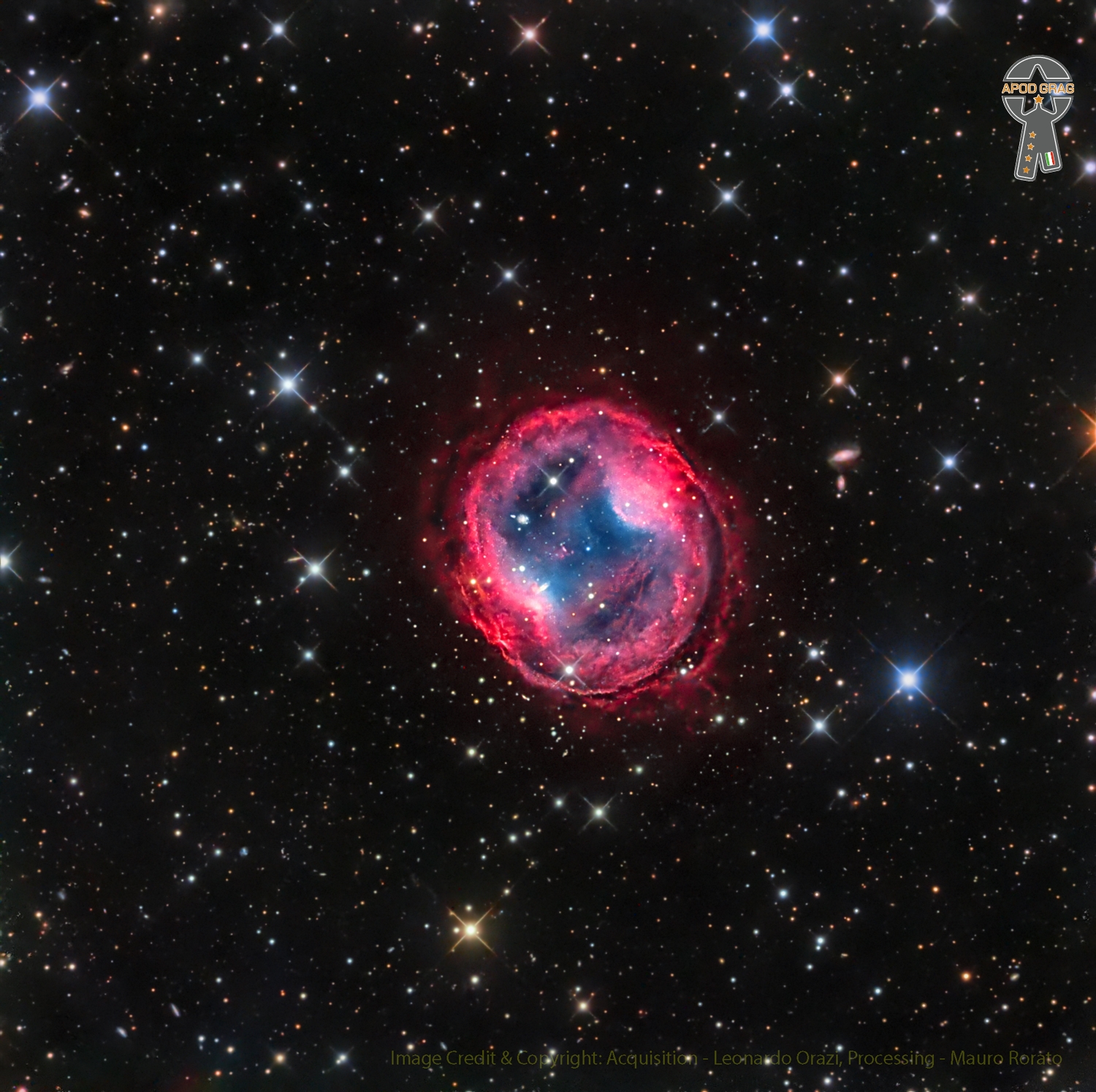Blog
Racism 1957 to 2024
Go figure!
November 1919 with riots, lynchings, and mobs across the country. Hundreds of African American lives were claimed and hundreds more were left maimed and homeless. The most violent episodes occurred in Chicago, IL, Washington, D.C. and Elaine, AR and were precursors for what many are now learning to be the Black Wall Street Massacre in Tulsa. Fast forwarding to a century later, the COVID-19 pandemic, the murder of George Floyd and the protests demonstrations attended by millions, as well as the insurrection of 2021, all mirror a place that we have seen before in this country. It seems that syndemics, or rather the aggregation of multiple epidemics (e.g., coronavirus, police brutality), followed by racial violence are the strands that make up America’s DNA. 
Emmanuel “Rico” Rodriguez MBE (17 October 1934 – 4 September 2015), also known as Rico, Reco or El Reco, was a Cuban-born Jamaican ska and reggae trombonist. He recorded with producers such as Karl Pitterson, Prince Buster, and Lloyd Daley. He was known as one of the first ska musicians. Beginning in the 1960s, he worked with The Members, The Specials, Jools Holland, and Paul Young.
Rodriguez was born in Havana, Cuba, and at an early age moved with his family to Jamaica. He grew up there in Kingston, and was taught to play the trombone by his slightly older schoolmate Don Drummond at the Alpha Boys School. In the 1950s, Rodriguez became a Rastafarian and was closely associated musically to the rasta drummer Count Ossie.
In 1961 Rodriguez moved to the UK, where he joined live bands such as Georgie Fame‘s Blue Flames and started to play in reggae bands. Rodriguez also began recording with his own band, Rico’s All Stars, and later formed the group Rico and the Rudies, recording the 1969 albums Blow Your Horn and Brixton Cat. In 1976 he recorded the album Man from Wareika under a contract with Island Records. In the late 1970s, he recorded a song called Offshore Banking Business with The Members and with the arrival of the 2 Tone genre, he played with ska revival bands such as The Specials including their single “A Message to You, Rudy“.
more...Adam Block pic 10-13-24
C/2023 A3 (Tsuchinshan–ATLAS) (or Comet Tsuchinshan–ATLAS or simply Comet A3) is a comet from the Oort cloud discovered by the Purple Mountain Observatory in China on 9 January 2023 and independently found by ATLAS South Africa on 22 February 2023. The comet passed perihelion at a distance of 0.39 AU (58 million km; 36 million mi) on 27 September 2024, when it became visible to the naked eye. Tsuchinshan-Atlas peaked its brightest magnitude shortly after passing the Sun at 9 October, with a magnitude of −4.9 per reported observations at the Comet Observation Database (COBS).

Nel Ust Wyclef Jean (born October 17, 1969) is a Haitian rapper and record producer. At the age of nine, he emigrated with his family to the Northeastern United States. In 1990, he formed the New Jersey–based hip hop trio Fugees with fellow musicians Lauryn Hill and Pras Michel. Jean served as lead guitarist and producer. The group released the albums Blunted on Reality (1994) and The Score (1996), the latter becoming one of the best-selling albums of all time. Following their success, Jean released his debut solo album, Wyclef Jean Presents The Carnival (1997), which yielded the Billboard Hot 100-top ten single “Gone till November“.
In 1997, Jean guest featured on Destiny Child‘s breakout single “No, No, No“. Afterwards, he co-wrote the 1999 singles “My Love Is Your Love” for Whitney Houston, and “Maria Maria” for Santana. His second solo album, The Ecleftic: 2 Sides II a Book (2000) was supported by the top 40 single “911” (featuring Mary J. Blige), and received platinum certification by the Recording Industry Association of America (RIAA). His third album, Masquerade (2002), peaked within the top ten of the Billboard 200. He guest performed on Shakira‘s 2006 single, “Hips Don’t Lie“, which peaked atop the Billboard Hot 100. The following year, his single “Sweetest Girl (Dollar Bill)” (featuring Akon, Lil Wayne and Niia) peaked within the top 20 of the chart and led his sixth studio album, Carnival Vol. II: Memoirs of an Immigrant (2007). The album moderately entered the Billboard 200 and marked his final to be released by a major label.
more...David Nesta “Ziggy” Marley (born 17 October 1968) is a Jamaican reggae musician. He is the son of reggae icon Bob Marley and Rita Marley. He led the family band Ziggy Marley and the Melody Makers until 2002, with whom he released eight studio albums. After the disbandment, Ziggy launched a successful solo career, releasing eight solo studio albums on his own label, Tuff Gong Worldwide. Ziggy continues his father’s practice of recording and self-releasing all of his music. Marley is an eight-time Grammy Awardwinner and a Daytime Emmy Award recipient.
David Nesta Marley was born in Kingston, Jamaica, on October 17, 1968. He grew up in Trenchtown, a poor neighborhood of Kingston, and in Wilmington, Delaware, where he attended elementary school for a few years. Ziggy grew up very active, playing soccer and running the mountains, a lifestyle passed on by his parents. As the oldest son of Bob and Rita Marley, Ziggy grew up surrounded by music. He has 5 half brothers, one brother, and two sisters. He received guitar and drum lessons from his father and began sitting in on Wailers recording sessions by the age of ten.
In the earliest known record of his musical career, Marley performed as part of a singing group called The Seven Do Bees, made up of him and his classmates, and wherein he was given the stage name “Freddie Dic”. The name never stuck, however, and instead, David went on to become known as “Ziggy”, a nickname often reported to have been given to him by his father Bob Marley, meaning “little spliff”. However, Ziggy stated the following to Melody Maker magazine in 1988: “Me name David but me big Bowiefan. So at the time of the Ziggy Stardust album, me call meself Ziggy and now everyone do.”
During the late 1970s, Ziggy could also be seen alongside his brother Stephen at some of their father’s larger concerts around Jamaica and abroad. In 1978, the duo appeared on stage at the One Love Peace Concert in Kingston, and the following year at Reggae Sunsplash II in Montego Bay.
more...Barney Kessel (October 17, 1923 – May 6, 2004) was an American jazz guitarist. Known in particular for his knowledge of chords and inversions and chord-based melodies, he was a member of many prominent jazz groups as well as a “first call” guitarist for studio, film, and television recording sessions. Kessel was a member of the group of session musicians informally known as the Wrecking Crew.
Kessel was born in Muskogee, Oklahoma in 1923 to a Jewish family. Kessel’s father was an immigrant from Hungary who owned and operated a shoe shop. A self-taught guitarist, his only formal musical study was three months of guitar lessons at the age of 12. He began his career as a teenager, touring with local swing bands. When he was 16, he started playing with the Oklahoma A&M band, Hal Price & the Varsitonians. The band members nicknamed him “Fruitcake” because he practiced in excess of 16 hours per day. Kessel gained recognition due in part to his youth, and in part to being the only white musician playing in all-African-American bands at black clubs.
In the early 1940s, he moved to Los Angeles, where for one year he was a member of the Chico Marx big band. Noticed by Norman Granz, he appeared in the 1944 film Jammin’ the Blues, which featured Lester Young. Soon after, he played in the bands of Charlie Barnet and Artie Shaw. During the day, he worked as a studio musician and at night played bop-oriented jazz in clubs. In 1947, he recorded with Charlie Parker. He worked in Jazz at the Philharmonic and for one year in the early 1950s he was a member of the Oscar Peterson trio. After leaving the trio, he recorded several solo albums for Contemporary. He recorded a series of albums with Ray Brown and Shelly Manne as The Poll Winnersbecause the three of them often won polls conducted by Metronome and DownBeat magazines. He was the guitarist on the album Julie Is Her Name (1955) by Julie London, which includes the standard “Cry Me a River“, selling a million copies and demonstrated Kessel’s chordal approach to guitar.
more...William Randolph “Cozy” Cole (October 17, 1909 – January 9, 1981) was an American jazz drummer who worked with Cab Calloway and Louis Armstrong among others and led his own groups.
William Randolph Cole was born in East Orange, New Jersey, United States. His first music job was with Wilbur Sweatman in 1928. In 1930, he played for Jelly Roll Morton‘s Red Hot Peppers,recording an early drum solo on “Load of Cole”. He spent 1931–33 with Blanche Calloway, 1933–34 with Benny Carter, 1935–36 with Willie Bryant, 1936–38 with Stuff Smith‘s small combo, and 1938–42 with Cab Calloway. In 1942, he was hired by CBS Radio music director Raymond Scott as part of network radio’s first integrated orchestra. After that he played with Louis Armstrong’s All Stars.
Cole performed with Louis Armstrong and his All Stars with Velma Middleton singing vocals for the ninth Cavalcade of Jazz concert held at Wrigley Field in Los Angeles. The concert was produced by Leon Hefflin, Sr. on June 7, 1953. Also featured that day were Roy Brown and his Orchestra, Don Tosti and His Mexican Jazzmen, Earl Bostic, Nat “King” Cole, and Shorty Rogers and his Orchestra.
more...Roger G. Hawkins (October 16, 1945 – May 20, 2021) was an American drummer best known for playing as part of the studio backing band known as the Muscle Shoals Rhythm Section (also known as the Swampers) of Alabama. Rolling Stone ranked Hawkins number 31 on its list of greatest drummers.
Hawkins’s drumming can be heard on dozens of hit singles, including tracks by Percy Sledge (“When a Man Loves a Woman“), Aretha Franklin (“Respect“, “I Never Loved a Man (The Way I Love You)” etc.), Wilson Pickett (“Mustang Sally“, “Land of 1000 Dances“), The Staple Singers, Johnnie Taylor, Bobby Womack, Clarence Carter, Etta James, Duane Allman, Joe Cocker, Paul Simon, Bob Seger, Bonnie Bramlett, Bobby “Blue” Bland, Boz Scaggs, Albert King, Traffic, Rod Stewart, Dan Penn, Lulu, and Willie Nelson. He also recorded with Eric Clapton in the early 80’s.
more...Jones-Emberson 1 (PK 164+31.1), also known as the Headphone Nebula, is a 14th magnitude planetary nebula in the constellation Lynx at a distance of 1600 light years. It is a larger planetary with low surface brightness. The 16.8-magnitude central star is a very blue white dwarf.

Robert Hall Weir (Parber, born October 16, 1947 San Francisco) is an American musician and songwriter best known as a founding member of the Grateful Dead. After the group disbanded in 1995,Weir performed with The Other Ones, later known as The Dead, together with other former members of the Grateful Dead. Weir also founded and played in several other bands during and after his career with the Grateful Dead, including Kingfish, the Bob Weir Band, Bobby and the Midnites, Scaring the Children, RatDog, and Furthur, which he co-led with former Grateful Dead bassist Phil Lesh. In 2015, Weir, along with former Grateful Dead members Mickey Hart and Bill Kreutzmann, joined with Grammy-winning singer/guitarist John Mayer, bassist Oteil Burbridge, and keyboardist Jeff Chimenti to form the band Dead & Company.
During his career with the Grateful Dead, Weir played mostly rhythm guitar and sang many of the band’s rock & roll and country & western songs. In 1994, he was inducted into the Rock and Roll Hall of Fame as a member of the Grateful Dead.
more...Michael Emile Telford Miller (16 October 1937 – 11 April 2016), known professionally as Emile Ford, was a musician and singer born in Saint Lucia, British Windward Islands. He was popular in the United Kingdomin the late 1950s and early 1960s as the leader of Emile Ford & the Checkmates, who had a number one hit in late 1959 with “What Do You Want to Make Those Eyes at Me For?“, which was the Christmas number one that year. He was also a pioneering sound engineer.
more...
Roy Anthony Hargrove (October 16, 1969 – November 2, 2018) was an American jazz musician and composer whose principal instruments were the trumpet and flugelhorn. He achieved worldwide acclaim after winning two Grammy Awards for differing styles of jazz in 1998 and 2002. Hargrove primarily played in the hard bop style for the majority of his albums, but also had a penchant for genre-crossing exploration and collaboration with a variety of hip hop, soul, R&B and alternative rock artists. As Hargrove told one reporter, “I’ve been around all kinds of musicians, and if a cat can play, a cat can play. If it’s gospel, funk, R&B, jazz or hip-hop, if it’s something that gets in your ear and it’s good, that’s what matters. A quiet and retiring person in life, Hargrove struggled with kidney failure. He died at the age of 49 of cardiac arrest brought on by kidney disease on November 2, 2018, while hospitalized in New Jersey. According to his long-time manager, Larry Clothier, Hargrove had been on dialysis for the last 14 years of his life.
more...Joseph Lee Williams (October 16, 1903 – December 17, 1982 Oktibbeha County, Mississippi) was an American Delta blues guitarist, singer, and songwriter, notable for the distinctive sound of his nine-string guitar. Performing over five decades, he recorded the songs “Baby, Please Don’t Go“, “Crawlin’ King Snake“, and “Peach Orchard Mama”, among many others, for various record labels. He was inducted into the Blues Hall of Fame on October 4, 1992.
more...More Posts
- World Music with Terez Sliman
- Daily Roots with Black Thunder
- Music for Surviving the Pandemic
- The Cosmos with IC 2177
- Steve Khan Day
- Mickey Tucker Day
- John Tchicai Day
- Mario Bauza Day
- World Music with La Gallera Social Club
- Daily Roots with Pablo Gad
- Music for Surviving the Pandemic
- The Cosmos with NGC 936
- Jim Keltner Day
- Freddie Waits Day
- Connie Kay Day
- World Music with Sauljaljui
- Daily Roots with Daniel Asher
- Music for Surviving the Pandemic
- The Cosmos with Herbig Haro 901/902
- Lakshminarayana Shankar Day

